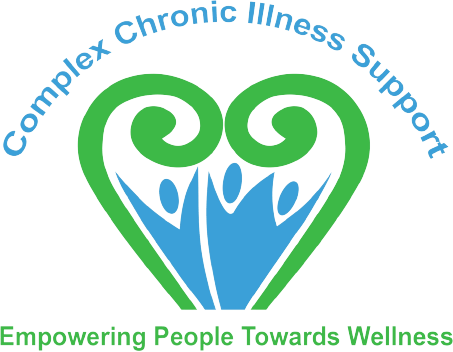Original article can be found here: NZ Herald
/cloudfront-ap-southeast-2.images.arcpublishing.com/nzme/7JE5U4K34RLL6RRQ6IZ2GMRKTM.jpg)
CCIS members and staff. Photo / Supplied
Complex Chronic Illness Support Inc (CCIS) will celebrate its 40th anniversary this year but securing funding for operational costs is an ongoing battle, operations co-ordinator Miranda Whitwell said.
“This funding makes a massive difference. It means survival. Our field officers are funded but this money helps keep our doors open so we have somewhere for people to meet. It pays for the photocopying, our computers and the internet – all those important bits without which our field officers can’t do what they do and help our clients.”
CCIS was currently supporting 249 Bay of Plenty residents and their families to cope with chronic illnesses such as post-viral fatigue syndrome, myalgic encephalomyelitis/chronic fatigue syndrome (ME/CFS), fibromyalgia, orthostatic intolerance and postural orthostatic tachycardia syndrome (POTS), with thousands more in the community likely to be undiagnosed and in need of support.
About 20,000 New Zealanders will experience ME/CFS at some point in their lives, and as many as 6 per cent of the population will develop fibromyalgia.
Some recovered quickly – while others will suffer for decades. Some who developed such conditions were often highly successful, intelligent, “A-type personalities” who strive for perfection and have great careers.
“It could be something as simple as a cold or a spider bite or just picking up a virus and then all of a sudden, they can’t get out of bed. Their body’s immune system doesn’t snap back into shape so potentially it’s running high all the time. And because it’s running high, the body is tired all the time. And it’s legitimate. It’s not in their head – these people are legitimately exhausted.”
Whitwell said people’s lives often took unexpected turns but those who suffered from chronic illnesses could adjust to a new normal.
“It’s about taking control of your life so that the symptoms don’t control you.”
While every single person’s journey was different, CCIS worked to support the individual.
“It’s about managing their condition. We try to help people learn how to move forward so they can manage themselves in a healthy way and are happy. Success is different for everybody – for some people, success is walking to the letterbox, success for somebody else is getting back to work. We have no judgment but we support everyone to make a few goals, reach them, then make a couple more. But we do it in a really supportive environment.”
BayTrust chief executive Alastair Rhodes said building the capacity and capability of community organisations such as CCIS by contributing towards their operational costs was an important way to strengthen the Bay of Plenty community as a whole.
